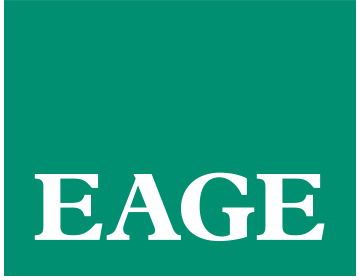A special issue of Geophysical Prospecting is being planned on machine learning applications in geophysical exploration and monitoring.
Artificial intelligence, and in particular its subdomain machine learning, has revolutionized many science and engineering disciplines during the past decade. In many domains such as image recognition, machine translation, and speech analysis, machine learning outperforms conventional techniques and has emerged as the method of choice. It is no surprise that recently geophysicists have also found great value in machine learning to automate workflows, extract valuable information from big data, and create new pathways in solving challenging computational problems. Despite this surge in interest, we are still in the early days of developing machine learning applications for subsurface resource exploration, and the geophysical community at large will benefit from a better understanding of the promise of machine learning in transforming industrial practices. In particular, it is of interest to understand what aspects of the exploration and monitoring workflows are most suitable for machine learning methods and also what aspects are not and why.
 The editorial board of Geophysical Prospecting is therefore inviting contributions papers to the special issue which propose novel applications of machine learning in solving challenging problems in the exploration for energy (e.g., hydrocarbon, geothermal) and mineral resources; and in monitoring of subsurface systems (e.g., induced seismicity, CO2 storage, urban near-surface, geohazard). The findings should enrich our understanding of the impact and value added by machine learning tools on geophysical problems of interest, as well as the advantages and limitations of these machine learning methods.
The editorial board of Geophysical Prospecting is therefore inviting contributions papers to the special issue which propose novel applications of machine learning in solving challenging problems in the exploration for energy (e.g., hydrocarbon, geothermal) and mineral resources; and in monitoring of subsurface systems (e.g., induced seismicity, CO2 storage, urban near-surface, geohazard). The findings should enrich our understanding of the impact and value added by machine learning tools on geophysical problems of interest, as well as the advantages and limitations of these machine learning methods.
Applications of interest include but are not limited to:
- Seismic data acquisition and processing
- Seismic imaging and inversion
- Seismic interpretation
- Non-seismic data processing, interpretation & inversion
- Joint inversion of multiphysics data
- Reservoir geomechanics
- Reservoir characterization and well-log analysis
- Microseismic monitoring
- Geophysical workflow optimization
- Uncertainty quantification
The deadline for the submission is 1 March 2022. We intend to disseminate final decisions by August 2022 and publish selected articles shortly afterwards.
Authors are invited to submit original manuscripts, prepared according to the ‘Guidance for Authors’ published on the Geophysical Prospecting website. The online submission system for Geophysical Prospecting can be found here. It is very important to clearly indicate in a cover letter that the manuscript is submitted to this special issue and notify the lead guest editor, Dr. Umair bin Waheed (ubinwaheed@gmail.com) through email with the subject line ‘GP special issue submission’ to avoid delays in processing the manuscript.
All manuscripts will be peer-reviewed in accordance with the journal’s established policies and procedures. The final selection of papers will be based on the peer review process as well as reviews by guest editors and the editor-in-chief.
It is worth noting that there are no publication fees, page limits, or charges for color figures. Moreover, Geophysical Prospecting offers various options for open access publication.
For specific questions, please contact the special issue editors:
Umair bin Waheed (KFUPM, ubinwaheed@gmail.com)
Haibin Di (Schlumberger, haibin.di@outlook.com)
Doug Angus (ESG Solutions, doug.angus@esgsolutions.com)
Jiajia Sun (University of Houston, jsun29@central.uh.edu)
For questions regarding the submission system and review process, contact the publications coordinator Harsha Ravi (hravi@wiley.com).






